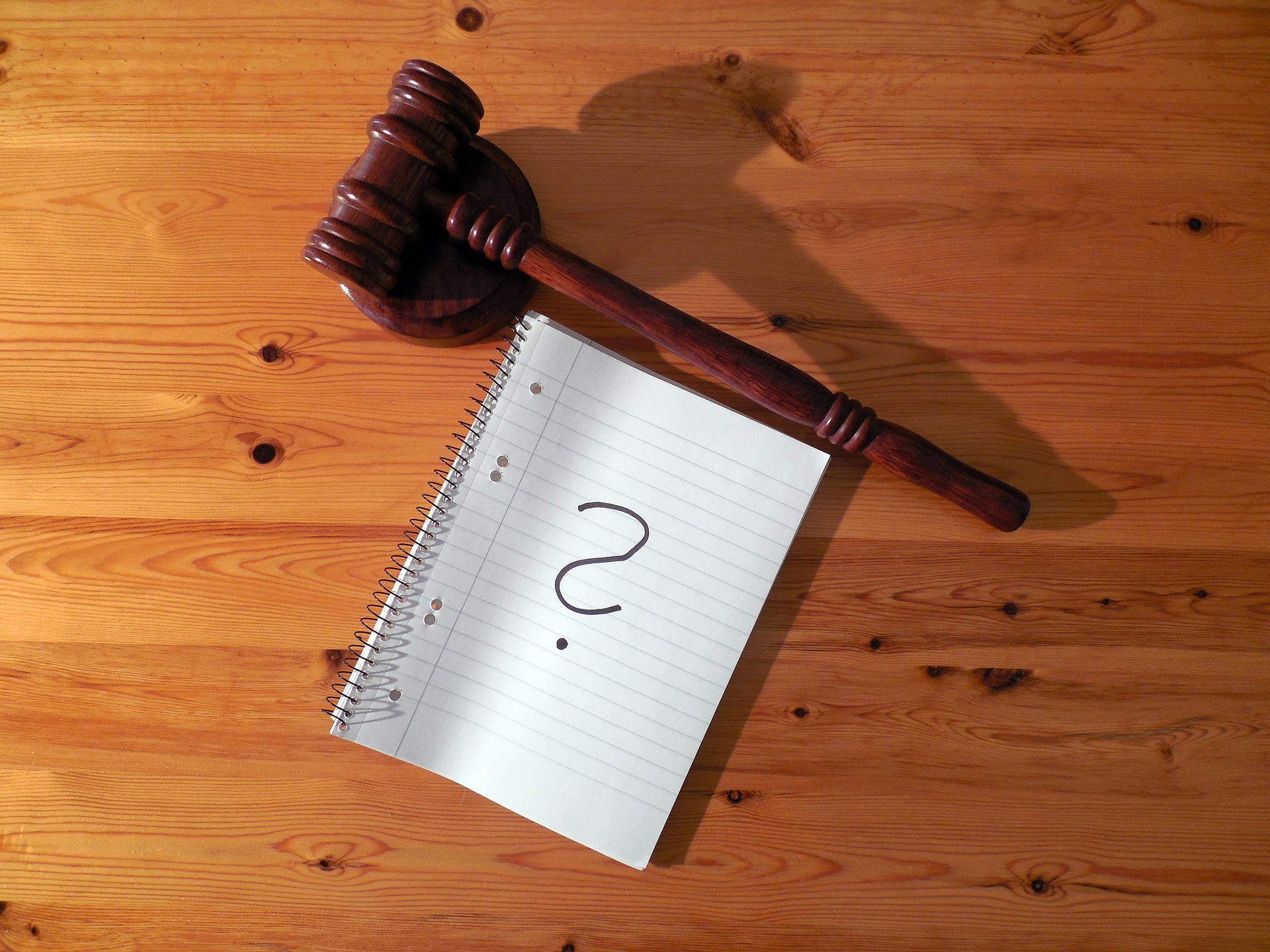
CEB DailyNews has published my article, “Lack of statement of decision leads to reversal.” The article is about the development dispute in Casa Verde Landscaping Maint. Corp. v. Lennary Cmtys. (D4d1 Oct. 24, 2023 D081550) [nonpub. opn.], where the appellant correctly followed the two-step process for a statement of decision. When the trial court still refused to make findings, the Court of Appeal upheld the right to a statement of decision and reversed.
The court made a number of observations about the importance of a statement of decision, including: The "broad purpose of the amendment [to the statutory statement of decision process] seems to have been to alleviate the frustration of losing litigants and their attorneys confronted with non-communicative trial judges.” And even if the judgment might have been affirmed without a statement of decision but imagining findings the trial court could have made, the court noted that “What the court could have done is not the test.”
The takeaway from the case is that a statement of decision gives litigants a tool when “confronted with non-communicative trial judges.” Used well, this tool requires a “non-communicative” judge either to communicate, or face reversal.
My original blog post on Casa Verde Landscaping is here.